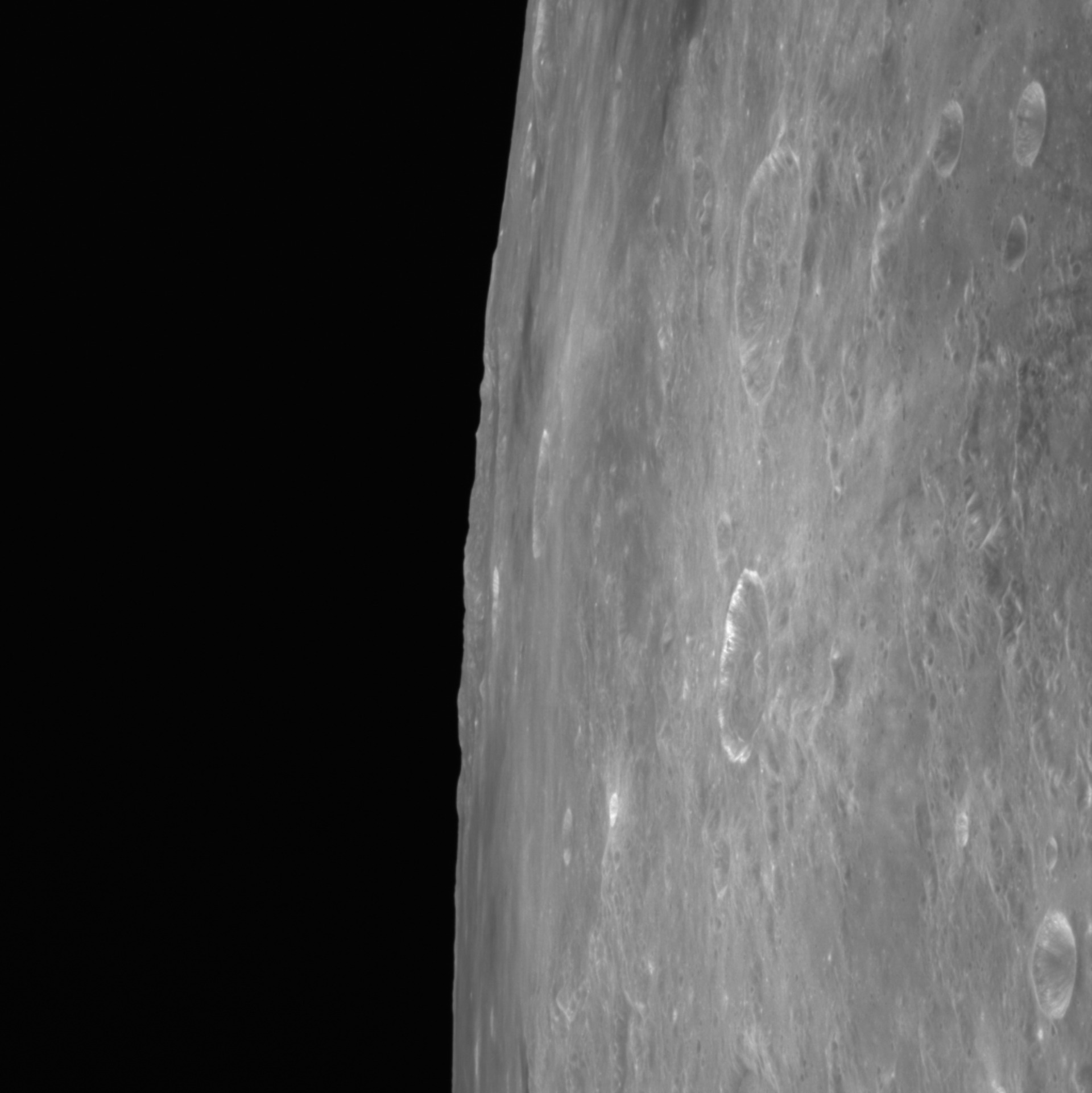01/11/2024
479 views
15 likes
The Space Resources Challenge was launched last week, an opportunity for innovators to pioneer the technologies that will help humankind live and work sustainably on the Moon.
The competition, launched by ESA in partnership with the Luxembourg Space Agency and their common European Space Resources Innovation Centre (ESRIC), welcomes all participants – from engineering students to space technology start-ups – with Exotopic serving as a Team Partner to provide guidance and support.
Living off the land
The challenge aims to develop in-situ resource utilisation (ISRU) technology, using resources available on the Moon to reduce dependence on costly supplies from Earth and enable a more sustainable presence in space. The Moon’s soil, or regolith, can be processed to extract breathable oxygen and metals, such as silicon, iron and aluminium for construction, while water ice from shadowed craters can provide drinking water, additional oxygen and hydrogen for rocket fuel. These advancements are important for future exploration and could also lead to more sustainable practices in mining and manufacturing industries on Earth.
“Competitions like the Space Resources Challenge incentivise creativity and innovation, providing opportunities for smaller players to contribute to solving some of the most critical problems in space exploration. ESA’s unifying role in such initiatives fosters cross-border partnerships within Europe between SMEs, research institutions and industry leaders and ensures Europe’s competitiveness in the global space sector,” shares Daniel Neuenschwander, ESA’s Director of Human and Robotic Exploration.
First steps
The first Space Resources Challenge held a few years ago invited European industries and research institutions to develop innovative methods for prospecting lunar resources, the first step for any ISRU activity. Thirteen teams competed in a first field test in the Netherlands and five finalists participated in a second field test in Luxembourg, with the winning group earning a €500,000 development contract with ESA.
A second challenge
The second Space Resources Challenge is focused on collecting and processing lunar regolith and will take place at LUNA, the newly inaugurated state-of-the-art facility at the European Astronaut Centre in Cologne, Germany. Participants will have to design and operate robotic systems capable of collecting and sorting lunar regolith simulant and prepare the extraction of enough oxygen for a crew of astronauts on the Moon. Teams have until 20 February 2025 to submit their proposals; after an evaluation process, the selected teams will be invited to the field test in LUNA taking place in October.



